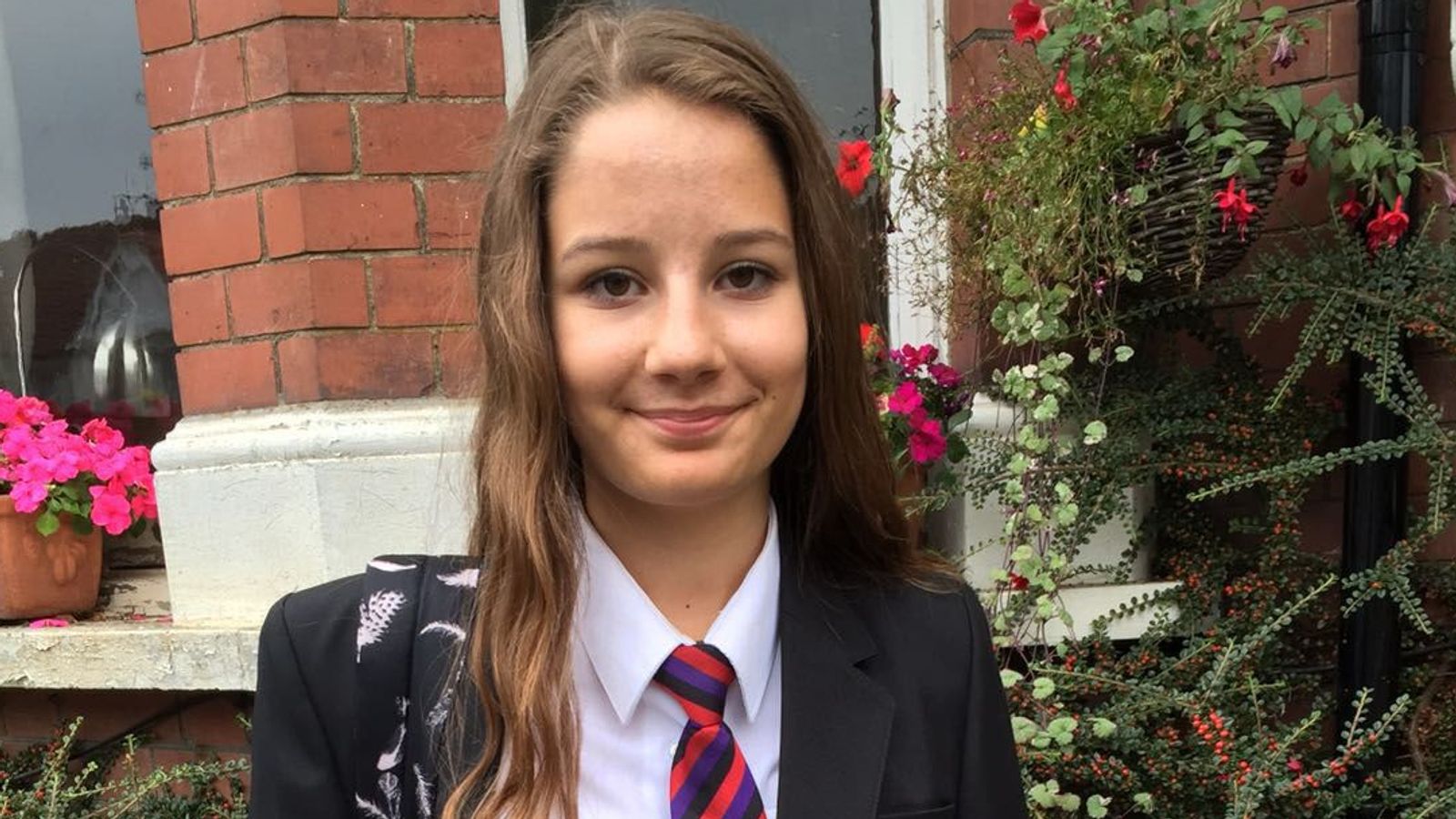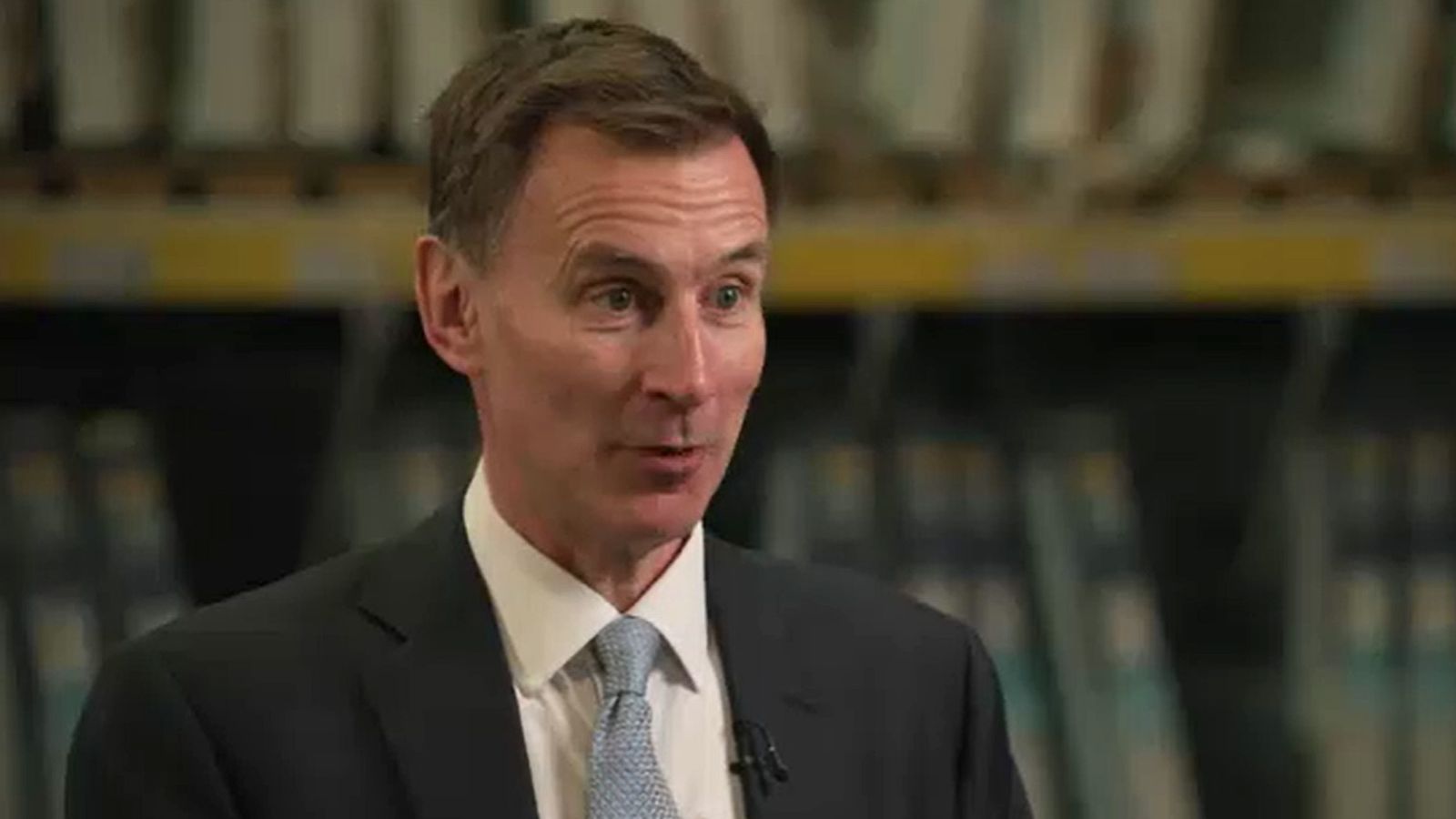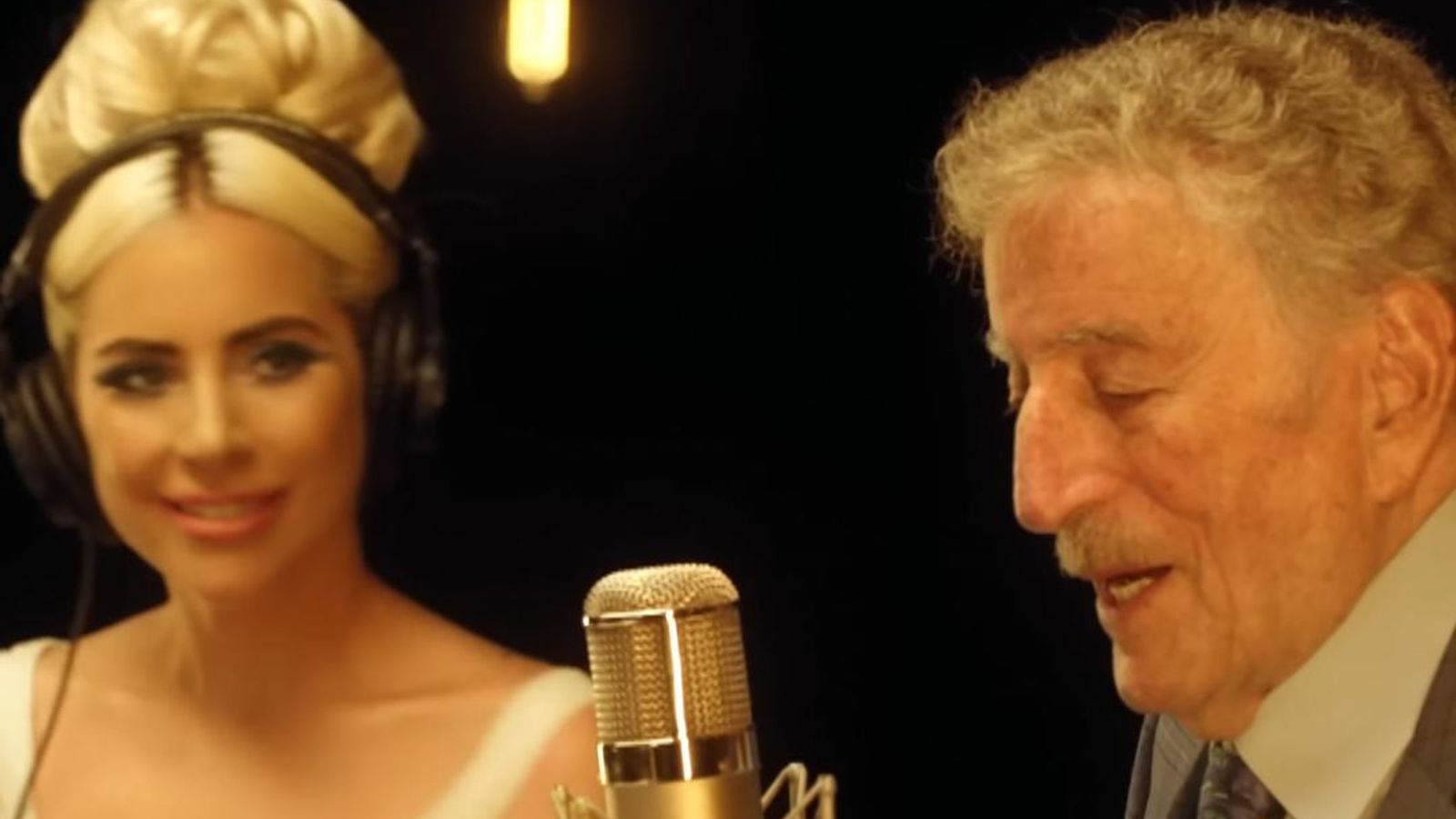The coroner in the Molly Russell inquest has written to social media companies and ministers urging them to take action against harmful online content.
Andrew Walker has sent a Prevention of Future Deaths report to Meta, Pinterest, Twitter, Snapchat and the government in which he presses for a review of algorithms used by the sites and separate platforms for adults and children.
The 14-year-old schoolgirl from Harrow, northwest London, was found dead in her bedroom in November 2017 after viewing suicide and self-harm content online, prompting her family to campaign for better internet safety.
At the inquest last month, the coroner concluded Molly died while suffering from the “negative effects of online content”.
The inquest was told the teenager accessed material from the “ghetto of the online world” before her death, with her family arguing sites such as Pinterest and Instagram recommended accounts or posts that “promoted” suicide and self-harm.
A coroner has a legal power and duty to write a report following an inquest if it appears there is a risk of other deaths occurring in similar circumstances.
It is sent to the people or organisations who are in a position to take action to reduce the risk.
Prince William calls for improved online safety after coroner’s ruling in Molly Russell death
Molly Russell’s death must mark watershed moment for social media
Molly Russell inquest live: Schoolgirl’s father has message for Mark Zuckerberg after coroner finds social media content contributed to her death
They must reply within 56 days to say what steps they plan to take along with a timetable or explain why no action is proposed.
Other areas highlighted for review by the coroner include age verification before joining a platform, provision of age specific content, and parental, guardian or carer control including access to material viewed by a child.
He also proposed the setting up of an independent regulator to monitor online content.
Please use Chrome browser for a more accessible video player
Mr Walker’s report said: “I recommend that consideration is given to enacting such legislation as may be necessary to ensure the protection of children from the effects of harmful online content and the effective regulation of harmful online content.
“Although regulation would be a matter for government I can see no reason why the platforms themselves would not wish to give consideration to self-regulation.”
Mr Walker added: “In my opinion action should be taken to prevent future deaths and I believe you and/or your organisation have the power to take such action.”
Welcoming the coroner’s report, Molly’s father, Ian Russell, said: “We urge social media companies to heed the coroner’s words and not drag their feet waiting for legislation and regulation, but instead to take a proactive approach to self-regulation to make their platforms safer for their young users.
“They should think long and hard about whether their platforms are suitable for young people at all.”
He added: “The government must also act urgently to put in place its robust regulation of social media platforms to ensure that children are protected from the effects of harmful online content, and that platforms and their senior managers face strong sanctions if they fail to take action to curb the algorithmic amplification of destructive and extremely dangerous content or fail to remove it swiftly.”
Instagram’s parent company Meta said it agreed “regulation is needed”.
The social media giant said it was “reviewing” the coroner’s report, adding: “We don’t allow content that promotes suicide or self-harm, and we find 98% of the content we take action on before it’s reported to us.
“We’ll continue working hard, in collaboration with experts, teens and parents, so we can keep improving.”
Pinterest also issued a statement, saying: “Pinterest is committed to making ongoing improvements to help ensure that the platform is safe for everyone and the coroner’s report will be considered with care.”
Anyone feeling emotionally distressed or suicidal can call Samaritans for help on 116 123 or email [email protected]. Alternatively, letters can be mailed to: Freepost SAMARITANS LETTERS.







